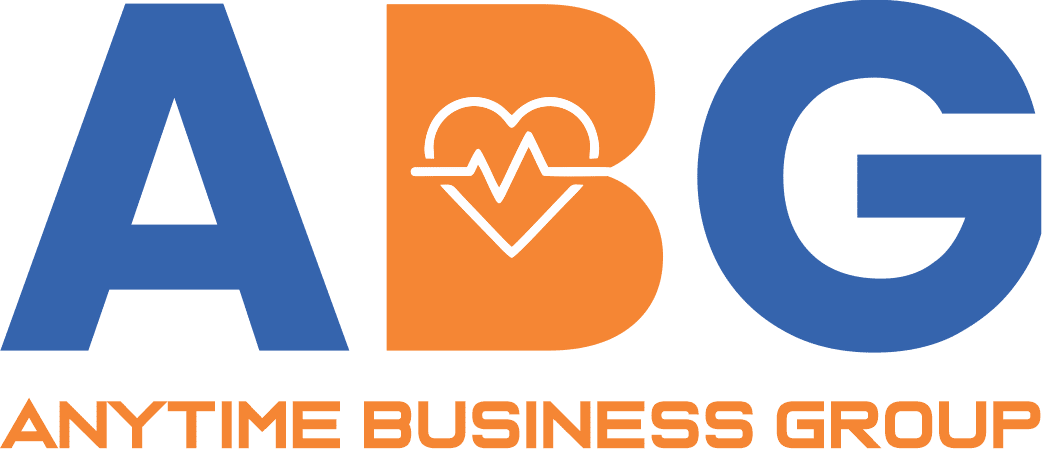In a home care setting, managing medications effectively is crucial for ensuring the well-being and safety of service users. From organising tablets schedules to storing medicines securely, there are several important factors to consider. In this guide, we’ll explore valuable tips to help you navigate the process of medication management in a home care environment.
Create a Detailed Medication List: Begin by compiling a comprehensive list of all medications the service user is currently taking. Include details such as the name of the medication, dosage, frequency, the right route, and the reason for taking it. This list will serve as a reference point for carers taking care of the service user.
Understand Medication Instructions: It’s vital to understand the instructions for each medication. Make sure you know whether it should be taken with food, at a specific time of day, side effects or if there are any special considerations to keep in mind.
Use Tablets Organisers: Tablets organisers are invaluable tools for keeping track of multiple medications. Invest in a quality tablets organiser with compartments for each day of the week, and fill it in advance to ensure doses are not missed, dosette boxes or blister packs are typical examples organised by the pharmacist/chemist.
Set Reminders: With busy schedules, it’s easy to forget to take medications on time. Use alarms or smartphone apps to set reminders for medication doses. This helps ensure medications are taken consistently and as prescribed.
Store Medications Safely: Proper storage of medications is essential to maintain their effectiveness and safety. Store medications in a cool, dry place away from direct sunlight and moisture. Keep them out of reach of children and pets, preferably in a locked cabinet or drawer.
Dispose of Unused Medications: Regularly review the medication list and dispose of any expired or unused medications. Follow local guidelines for safe disposal, and never flush medications down the toilet.
Communicate with Healthcare Providers: Keep open lines of communication with healthcare providers regarding medication management. Inform them of any changes in the service user’s condition or medication regimen and ask for clarification if there are any doubts or concerns.
Educating Carers: If there are family members or carers involved in the service user’s ‘s care, ensure they are adequately trained in medication administration and management. Provide them with written instructions and guidance on administering medications safely.
Monitor for Side Effects: Keep a watchful eye for any potential side effects or adverse reactions to medications. Educate yourself on common side effects of each medication and report any concerns to the healthcare professional promptly.
Keep an Emergency Contact List: Prepare an emergency contact list that includes the contact information for healthcare professionals, pharmacies, and emergency services. Keep this list easily accessible in case of any medication-related emergencies.
Regular Medication Reviews: Schedule regular medication reviews with healthcare professionals to assess the ongoing need for each medication. This ensures that the medication regimen remains appropriate and effective for the patient’s condition.
Organise Refill Requests: Stay ahead of medication refills by keeping track of when prescriptions need to be renewed. Submit refill requests in a timely manner to avoid running out of essential medications.
Be Mindful of Drug Interactions: Be aware of potential drug interactions between medications, including over-the-counter drugs and supplements. Consult with healthcare professionals before starting any new medication to prevent harmful interactions.
Keep Records: Maintain accurate records of medication administration, including the date, time, route and dosage of each medication taken. This documentation can be valuable for tracking adherence and identifying any patterns or issues that may arise.
Stay Informed: Stay informed about new medications, updates to existing medications, and changes in treatment guidelines. Continuous learning ensures that you are equipped with the latest information to provide optimal care.
In conclusion, effective medication management is essential for maintaining the health and well-being of service users. By following these tips, carers can ensure that medications are administered safely, consistently, and in accordance with healthcare professionals’ recommendations. Prioritising medication management helps to promote better health outcomes and enhances the overall quality of care in a home setting.
If you or a relative require the help of a professional carer(s), do not hesitate to contact us and we will gladly reach out and craft a relevant care package for you. We are a home care professional service provider with over 18 years’ experience offering live-in and hourly home care services in Havering, London Borough of Barking & Dagenham, Leicester, Hampshire, Northampton, and Bedfordshire. Call us on: 07423836202 and speak with our CQC registered care manager or email us on: info@anytimebusinessgroup.co.uk.



